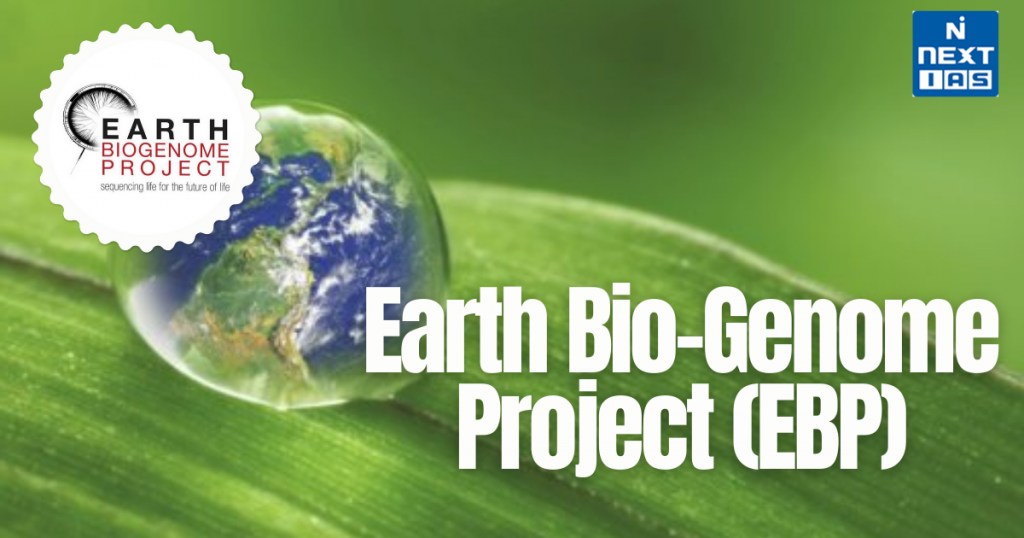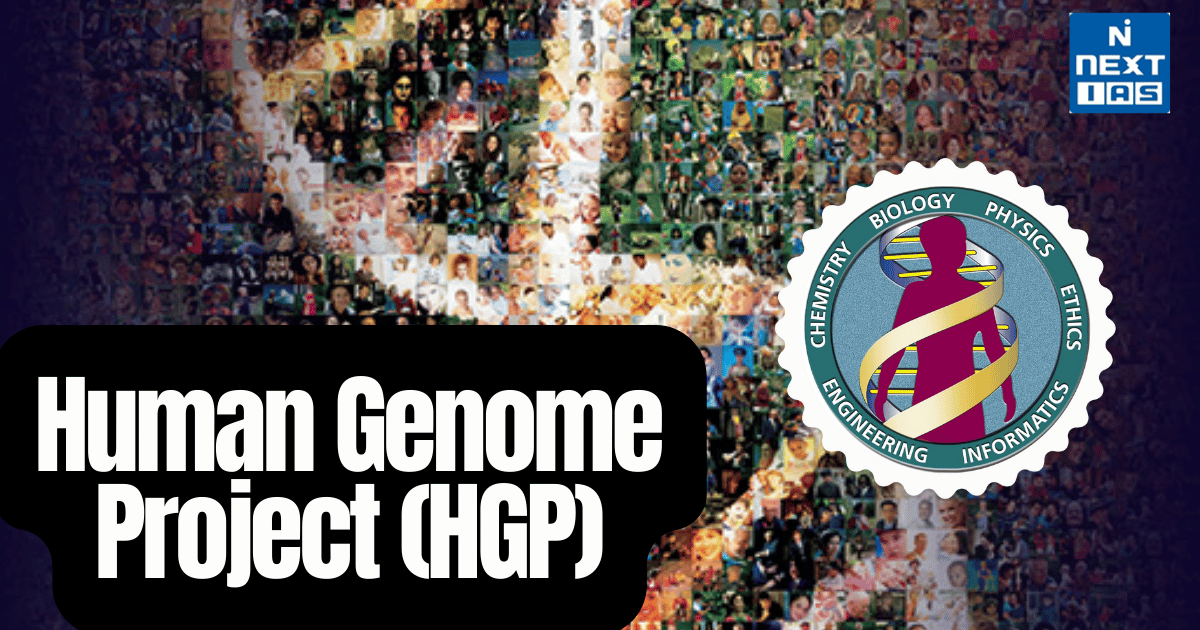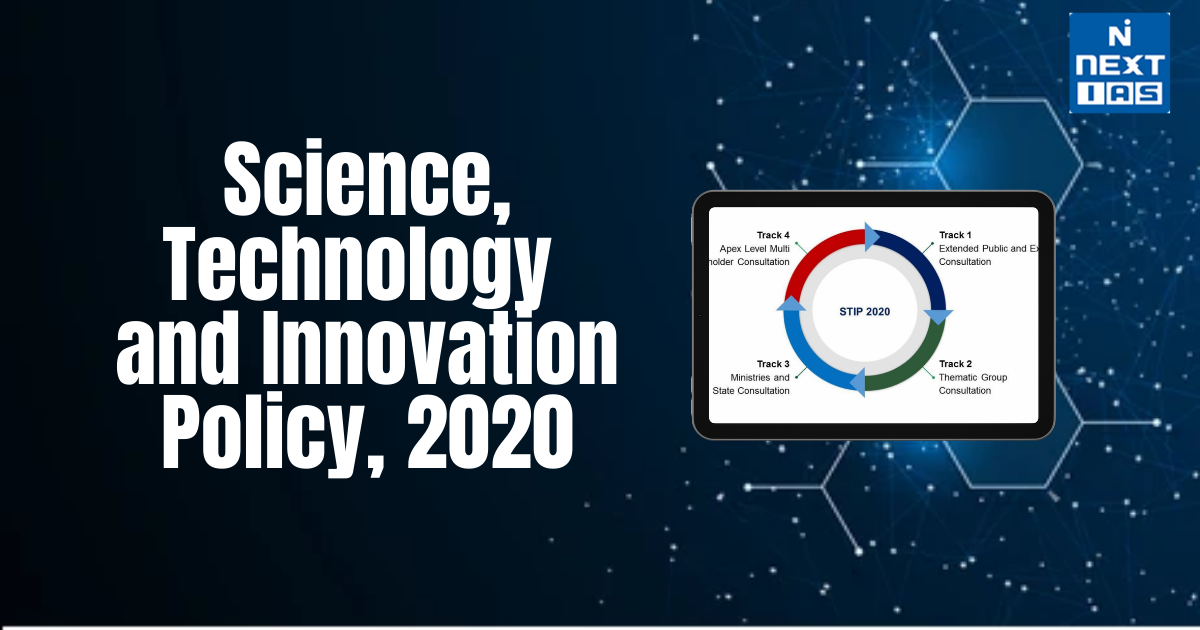
The Earth Bio-Genome Project (EBP) is an ambitious plan to sequence the genome of approximately 1.5 million eukaryotic species around the globe. This very project holds great importance in the preservation of biodiversity, advancing scientific studies, and better understanding life on Earth. This article aims to study in detail the goals, methods, and prospective impact of the Earth Bio-Genome Project.
About Earth Bio-Genome Project
- The Earth Bio-Genome Project (EBP) is a colossal international umbrella that aims to sequence all known eukaryotic organism genomes.
- Started in 2018, this revolutionary initiative aims to document and understand the genetic diversity present in organisms, which are crucial in conservation, biodiversity, and ecosystem functioning.
Objectives of Earth Bio-Genome Project
- Genome Sequencing: The primary aim is to analyze the genomes of as many as 1.5 million eukaryotic species, including plants, animals, fungi, and protists, thereby creating an exhaustive repository of genetic information.
- Biodiversity Conservation: With an understanding of genetic variation and evolutionary relationships, conservation approaches will be devised under EBP, thereby conserving endangered species and restoring ecosystems.
- Understanding Ecosystem Functioning: Genome sequencing will support understanding of the workings of organisms together in ecosystems with respect to their positions in food webs and how they respond to an environmental change.
- Progress in Biotechnology: In finding genetic properties that might kick-start fresh biotechnological developments, the project may become an exceptional resource for medicine, agriculture, and industry.
Read our detailed article on Biodiversity and Biotechnology
Importance of the Earth Bio-Genome Project
- Resource for Study: The EBP envisions developing a comprehensive resource for the study of various plant and animal species, which ultimately increases our knowledge of biodiversity.
- Medical Innovations: The project has the potential to open new avenues relevant to the treatment of infections, anti-ageing drugs, and food shortages through better agricultural practices.
- Foundation for Future Biology: Basically, it is the EBP that will create a new foundation for biology in order to work towards solving biodiversity conservation and sustain human societies. These principles become the foundation that interlinks the complex foundation that supports an ecosystem and the myriad ways in which species contribute to balancing that ecosystem.
Methodology of Earth Bio-Genome Project
- Sample Collection: The EBP entails the collection of genetic samples from a variety of ecosystems in forests, oceans, and wetlands. A collaborative approach with local communities and scientists is crucial to ensure sustainable practice.
- Genome Sequencing: DNA is sequenced by means of various advanced technologies, including next-generation sequencing. Data can be generated at high speed and accuracy, thus ensuring the fast processing of large data sets.
- Data Analysis: The huge volume of genomic data is analysed using bioinformatics tools with aims of identifying genetic variation, evolutionary relations with organisms, and functional insights.
- Public Database: The data will be made freely available under the open access system so that others such as researchers, conservationists, and policymakers who may require it for their own purpose.
Read our detailed article on Ecosystem
Collaborative Efforts of Earth Bio-Genome Project
- Currently, 19 research institutions worldwide have signed up to participate in the EBP, with more institutions expected to join.
- For example, a team of Chinese researchers aims to sequence 10,000 plant species, while the Global Ant Genomes Alliance intends to contribute 200 ant genomes to this extensive effort.
Challenges of Earth Bio-Genome Project
- Funding and Resources: securing adequate funding for such a large-scale operation remains challenging. Collaboration with governments, NGOs, and the private sectors is very important.
- Technological Limitations: With recent technological improvements, still the sequencing of complex genomes remains a challenge due to the actual size and repetitive sequences. Hence, continuing improvement of the technology is needed.
- Ethical Considerations: The project raises many ethical concerns related to biopiracy, particularly those concerning indigenous knowledge and genetic resources. It is, therefore, essential that equitable benefit-sharing be assured.
- Data Management: The managing and analysing of huge genomic data would require first-rate infrastructure capable of uniting scientists from different domains.
Conclusion
The Earth Bio-Genome Project is an enormous step toward trying to comprehend and preserve life’s intricate web on our planet: by sequencing the genomes of all known eukaryotic species, EBP holds a promise to shed critical insights into biodiversity and functioning of ecosystems, as well as developments in the future sciences. In the present-day biodiversity crisis, the Earth Bio-Genome Project acts as a conservation hope, laying emphasis on the urgent need to protect our planet’s genetic heritage.
FAQs: Bioearth Genome Project
What is the Bioearth genome project?
The BioEarth Genome Project aims to sequence and analyze the genomes of diverse species of plants, animals, and microorganisms to understand biodiversity, evolution, and ecosystem functions. Genetic knowledge provides insight into conservation, agriculture, and medicine so that it can be used to combat climate change, food security problems, and environmental sustainability issues.
What is the Indian initiative on Earth bio-genome sequencing?
India’s Earth Bio-Genome initiative intends to record the DNA diversity in its vast flora and fauna. It supports conservation, agriculture, and biotechnology by sequencing genomes of some key species. This endeavor thereby aligns itself with the global Earth BioGenome Project and strives to conserve biodiversity and support sustainable development through genetic research.
What is the IndiGen project?
The IndiGen Project, launched by CSIR, wants to sequence the genomes of diverse Indian populations to understand genetic variations, disease-risk implications, and personalized medicine. It makes for better health, drug discovery, and precision medical care, while protecting genetic diversity. Such a project will work in the realization of health-care solutions in India that are based on unique genetic insights.
What is the world’s largest biological project?
The Human Genome Project (HGP), launched in 1990 and declared complete in 2003, was the most colossal endeavor ever undertaken in biology. Mapping the entire genetic sequence of human DNA has thus opened pathways into the study of genetics, diseases, and evolution. The project acted as a turning point in medicine, biotechnology, and genetics, allowing a new era for healthcare on an individual level, gene therapies, and the further development of the biological sciences.
What is the significance of the Earth BioGenome Project?
The Earth BioGenome Project (EBP) strives to translate the DNA sequences of eukaryotic life, thereby preserving biodiversity and furthering the progress of science. Conservation, medicine, and agriculture-Gene studies have aided all of them. EBP encourages combating climate change and species extinction, as are ecological threats affecting sustainable development and biotechnological innovations for the good of mankind.
Who is the father of the Human Genome Project?
James Watson is usually called the “father of the Human Genome Project” because of his advocacy for large genome sequencing. However, Collins had a tremendous leadership role in the Human Genome Project’s success, as its director. The two changed the face of genetics for breakthroughs in medicine, biotechnology, and individualized health care.





